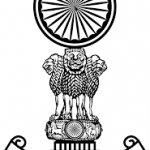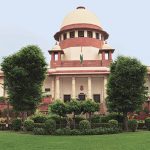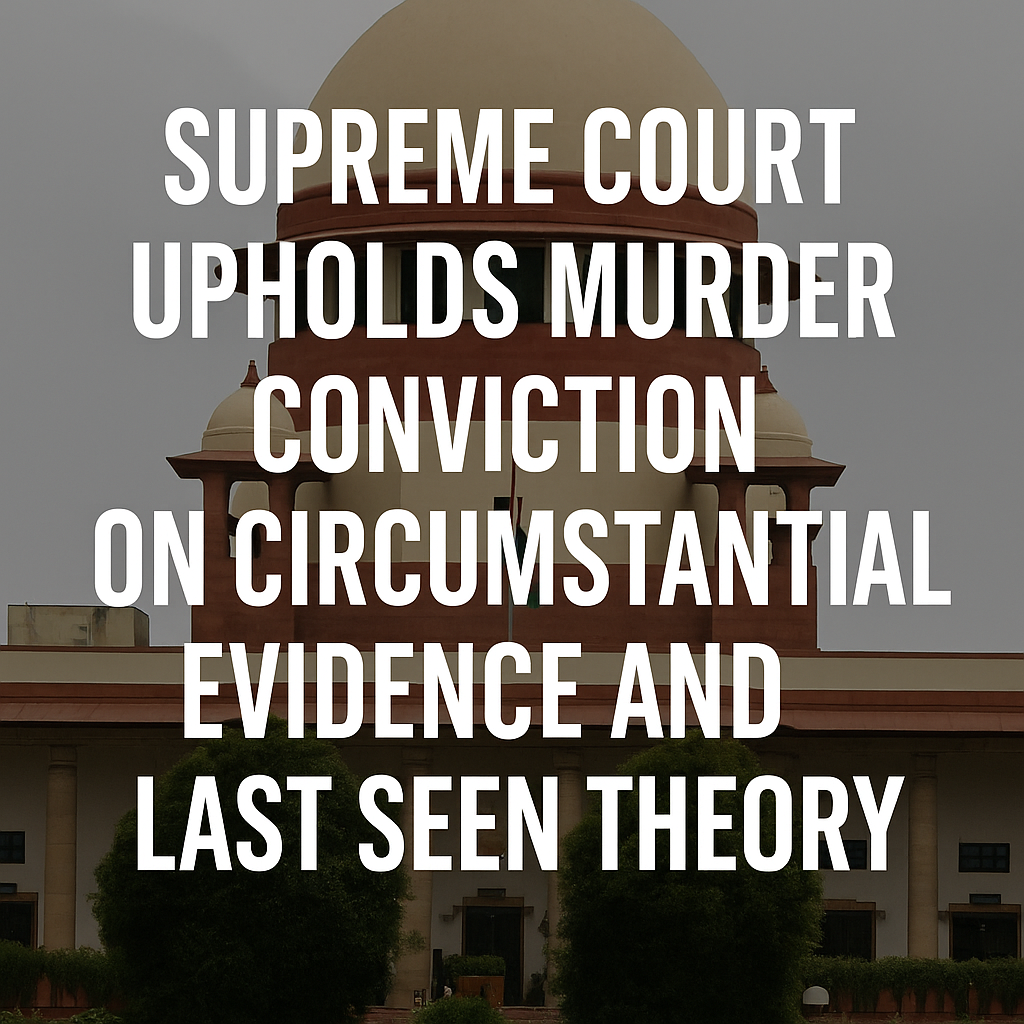The account of the Corporate Debtor had been declared as NPA in the year 1999 and Recovery Certificate was issued as early in the year 2001. The Financial Creditor, on the strength of the Recovery Certificate, filed an application under section 7 of IBC before NCLT. NCLT and NCLAT concurrently held that the default is a continuous one and hence there is no question of limitation and admited the applications and triggered CIRP. As against the concurrent findings, the Corporate Debtor approached the Supreme Court of India.
The Supreme Court has clearly held that the claim is absolutely barred by Limitation by referring its earlier judgment reported in B.K. Educational Services Private Limited vs. Parag Gupta and Associates, 2018 (14) Scale 482, wherein it is held that “It is thus clear that since the Limitation Act is applicable to applications filed under Sections 7 and 9 of the Code from the inception of the Code, Article 137 of the Limitation Act gets attracted. “The right to sue”, therefore, accrues when a default occurs. If the default has occurred over three years prior to the date of filing of the application, the application would be barred under Article 137 of the Limitation Act, save and except in those cases where, in the facts of the case, Section 5 of the Limitation Act may be applied to condone the delay in filing such application.”
Another attempt made by the Financial Creditor before the Supreme Court to overcome the above Judgment by relying upon Section 23 of the Limitation Act, whereby the claim is saved. The Supreme Court has also answered to this question by referring its earlier judgment reported in the matter of Balkrishna Savalram Pujari and Others vs. Shree Dnyaneshwar Maharaj Sansthan & Others, which clearly distinguished the difference between continuing wrong and continuing Right and Section 23 of the Limitation Act refers not toa continuing right but to a continuing Wrong.
Thus, the Supreme Court held that the claim is absolutely time barred and allowed the appeal.




More Stories
The Court is not bound to follow statute or rules of evidence while deciding the custody of a Child and the only consideration should be the welfare and well-being of the child- Supreme Court Reiterated
When the Agreement specifies particular type/mode of constitution of Arbitral Tribunal, the same should be followed in strict sense- Supreme Court clarified.
The Hospital is vicariously liable for the acts of negligence committed by the Doctors engaged or empanelled to provide medical care- Supreme Court Ruled